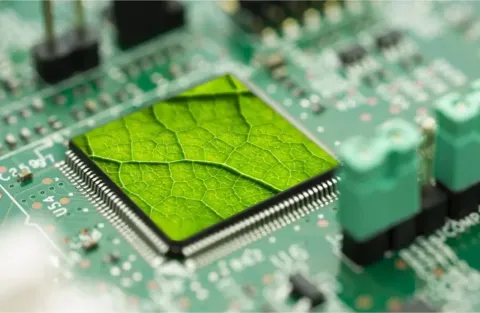Testing of AI-based sensor performance
Location
At user's premises

Austria

 Arable farming
Arable farming
 Horticulture
Horticulture
 Tree Crops
Tree Crops
 Viticulture
Viticulture
Our service thoroughly evaluates AI-based sensors by measuring key metrics like accuracy, mean squared error, and other tailored parameters. Testing is conducted in real-world environments where the sensor will be used, with reference data recorded or labelled for analysis. For certain sensors, we also utilise benchmark datasets to validate performance. We assess consistency under identical conditions, adaptability to environmental changes (e.g., light, temperature, or weather), and improvements in accuracy over time. Additionally, we measure power consumption, processing efficiency, and memory usage to ensure optimal resource utilisation. Response time between detection and action is evaluated for real-time applications, while extreme condition testing (e.g., bright light, rainy conditions, compacted soil) ensures robustness in challenging environments. We also verify data security and resilience against adversarial attacks. This comprehensive testing is essential, ensuring sensors meet high standards of precision, reliability, and efficiency. Benchmark datasets, standardised data collections used for validation, provide a reliable baseline for performance comparison. By addressing these aspects, our service ensures your sensor technology is ready for real-world deployment, delivering the performance and adaptability your application demands.
Collection of test data
Performance evaluation
Test design
Test execution
Test setup

